
Mushrooms are fascinating organisms and they have been a staple in traditional medicine across various cultures for centuries. Valued for their rich nutritional profiles and medicinal properties, mushrooms have been revered by traditional Chinese medicine for centuries.
In more recent times, the scientific community has started to explore the potential of mushrooms to address or prevent various health issues, especially heart health. There are an estimated 1.5 million identified species of mushrooms, with many more likely to be discovered. And with rising demands and need for easy accessibility, mushrooms are available in the commercial market in various forms such as - mushroom powder blends, supplements, coffees, and teas.
It is estimated that one in five Americans uses herbal products in their daily life. As part of a proactive approach to health and wellness, mushroom supplements can support many of the body’s systems and promote their efficient functioning. This includes specific medicinal mushrooms for heart health. Easy to take and incorporate into your daily routine, these powerful superfoods offer nutrition and a whole lot more.
So, in this article, we will dig into some research backed theories and the connection between mushrooms and heart health.
Before we talk about the research and facts, let’s take a quick look inside a mushroom!
Mushrooms are more than just a culinary delight; they are packed with a variety of compounds that lend themselves to medicinal benefits, particularly for heart health. Unlike plants, mushrooms are fungi, possessing a unique cellular structure and bioactive compounds not found in other natural food sources. They offer a delicious way to boost your intake of essential vitamins, minerals, and antioxidants, all while keeping your calorie count in check.
Mushrooms consists of:
Specific compounds like ergothioneine, a naturally occurring amino acid found in mushrooms, provide cellular protection in the blood vessels and are known to help prevent the build-up of plaque in the arteries, reducing the risk of cardiovascular diseases. Additionally, some mushrooms like Shiitake contain lovastatin, a compound used in cholesterol-lowering medications, which further highlights their potential in managing heart health.
This blog post further explores the medicinal properties of Shiitake mushroom.
It's important to note:
The heart, a vital organ, pumps blood throughout the body, delivering oxygen and nutrients to tissues and removing carbon dioxide and wastes. Maintaining a healthy heart is crucial for overall health and well-being.
Heart disease, also known as cardiovascular disease (CVD), is a broad term covering various conditions that impact the heart. It includes ailments such as heart muscle disease, irregular heartbeats (arrhythmia), and blood vessel problems like peripheral or coronary artery disease.
"Preliminary experimental results indicate that increased consumption of mushrooms may reduce blood triglycerides and high-sensitivity C-reactive protein levels.”
This protein is an indicator of inflammation and can help forecast cardiovascular incidents such as heart attacks and strokes. However, the authors of the review note that the overall quality of the research was substandard.
Mushrooms are more than just a culinary delight; they are packed with a variety of compounds that lend themselves to medicinal benefits, particularly for heart health. Unlike plants, mushrooms are fungi, possessing a unique cellular structure and bioactive compounds not found in other natural food sources.
Mushrooms are low in calories but high in essential nutrients. They are a good source of B vitamins, including riboflavin, niacin, and pantothenic acid, which help provide energy by breaking down proteins, fats, and carbohydrates. They also contain important minerals such as selenium, which is crucial for maintaining a healthy immune system and has antioxidant properties that protect body cells from damage. Potassium, found in mushrooms, is vital for heart health as it helps regulate blood pressure.
One of the most significant aspects of mushrooms from a medicinal standpoint is their content of bioactive compounds. Polysaccharides, like beta-glucans found in many medicinal mushrooms, are known for their immune-boosting properties and their role in lowering cholesterol levels, both of which are beneficial for heart health. Mushrooms also contain various antioxidants and phytonutrients that help reduce inflammation, a risk factor for many chronic diseases including heart disease.
Specific compounds like ergothioneine, a naturally occurring amino acid found in mushrooms, provide cellular protection in the blood vessels and are known to help prevent the build-up of plaque in the arteries, reducing the risk of cardiovascular diseases. Additionally, some mushrooms like Shiitake contain lovastatin, a compound used in cholesterol-lowering medications, which further highlights their potential in managing heart health.
Functional mushrooms are known for their adaptogenic properties, helping the body resist stressors of all kinds, including those that compromise cardiovascular health.

Reishi mushrooms are known for their ability to help lower blood pressure and cholesterol levels, thanks to their antioxidant and medicinal properties. This fungus has been utilized in Eastern traditional medicine for millennia to boost energy and extend lifespan. It contains several bioactive substances, including triterpenoids, polysaccharides, and peptidoglycans, which contribute to its health benefits.
In a clinical study involving diabetic individuals, reishi was shown to lower both blood cholesterol and insulin resistance. Another small study indicated that reishi extract could mitigate damage to the endothelial cells of individuals with renal impairment, thereby reducing heart attack risks. Moreover, research on hypertensive rats revealed that reishi extract could decrease blood pressure for up to eight hours.
Traditionally used to enhance energy and exercise performance, Cordyceps can also support heart muscle energy and function. It has long been valued as a panacea believed to enhance human vitality. Rich in amino acids, fatty acids, and minerals, cordyceps mushrooms support energy and endurance.
Research indicates that this potent fungus significantly alleviates heart damage in rats with chronic kidney disease, a condition that can heighten the risk of heart failure. Furthermore, cordyceps have been observed to reduce LDL cholesterol in animal studies—high LDL levels can lead to cholesterol accumulation in arteries, increasing heart disease risk. It also lowers triglyceride levels, which, when elevated, are associated with a heightened risk of heart disease.
Maitake has been shown to help improve metabolic functions and reduce blood pressure, benefiting overall heart health. These mushrooms are rich in antioxidants and bioactive compounds that support cardiovascular wellness. Maitake has been shown to help in the management of cholesterol levels and improve insulin sensitivity, factors crucial for heart health.
Research highlights its role in reducing hypertension and stabilizing blood sugar levels, which are key in preventing heart-related issues. Additionally, Maitake contains specific polysaccharides, such as beta-glucans, which have been studied for their effects on immune health and their potential to reduce the risk of chronic cardiovascular diseases.

Shiitake mushrooms are famous for their ability to influence cholesterol levels and provide a rich source of antioxidants that support heart health. Shiitake mushrooms are celebrated not only for their rich flavor but also for their extensive health benefits. Shiitake contains compounds that may aid in cancer prevention, immune system enhancement, and heart health support.
Studies suggest that nutrients in shiitake can decrease blood pressure and reduce the risk of severe cardiovascular conditions such as aneurysms and heart attacks. Animal studies have shown that shiitake powder solutions significantly impact blood pressure and cholesterol levels. Additionally, shiitake mushrooms contain purines like eritadenine, which have been shown to lower cholesterol in humans.
Adding heart-healthy mushrooms into your diet involves picking the right varieties and incorporating them into meals creatively. To get the maximum benefits, opt for fresh or dried mushrooms such as Reishi, Cordyceps, Maitake, and Shiitake, as they retain more of their beneficial properties compared to processed products.
These mushrooms can be easily added to a variety of dishes; for instance, blending them into smoothies, steeping them in teas, or tossing them into salads and stir-fries not only enhances flavor but also boosts nutritional value.
Regular consumption of these functional mushrooms is recommended to harness their full cardiovascular benefits. Integrating them into your daily meals can help manage cholesterol levels, reduce blood pressure, and support overall heart health.
When preparing mushrooms, consider simple methods that preserve their natural flavors and health benefits, such as light sautéing or steaming, which can help maintain their nutritious profile.
While mushrooms are generally safe and beneficial for most people, they can pose risks for individuals with specific allergies or conditions. It's important to consult a healthcare provider before integrating medicinal mushrooms into your diet, especially if you are currently managing health issues or taking medication.
Being aware of how much and which types of mushrooms you consume is crucial to avoid any potential side effects and to make the most of their heart-healthy properties.
As interest in the heart health benefits of mushrooms continues to grow, more rigorous research will be needed. Adhering to clinical trial standards will help ensure that the benefits of mushrooms for heart health are well understood and accurately represented.
Embrace the power of mushrooms with these 100% organic mushroom powders into your diet to support a healthy heart and enhance overall well-being.